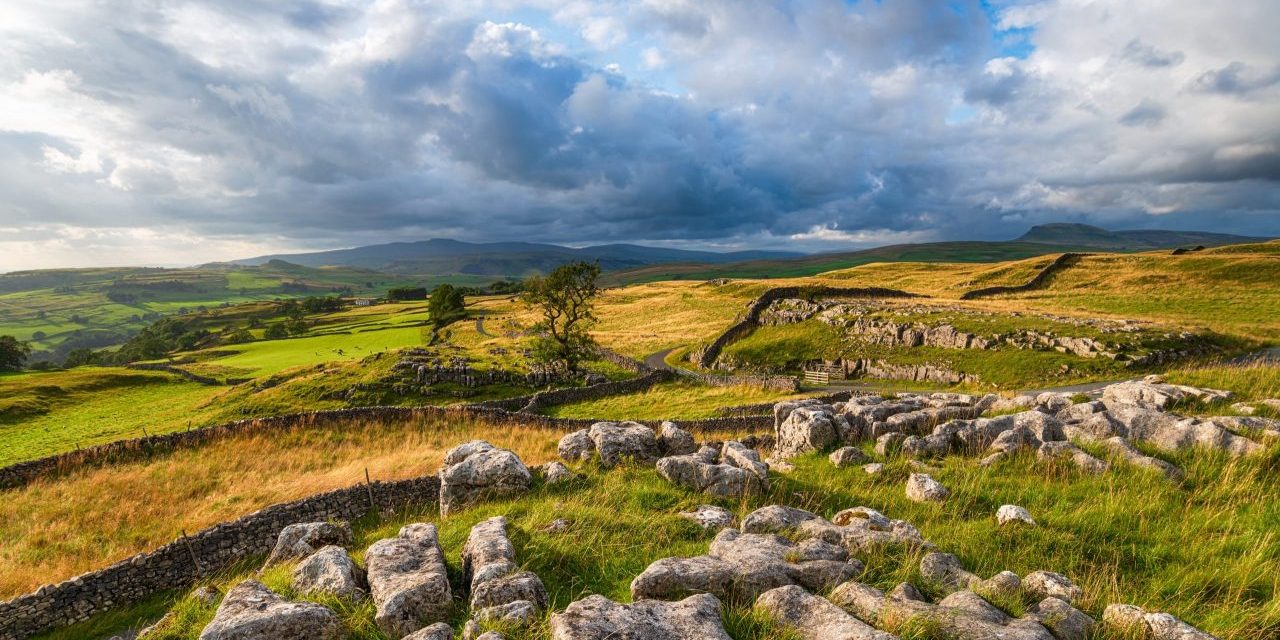A recent “boil water” alert in parts of North Yorkshire serves as a stark reminder of how much we rely on clean water.
Residents in High Bentham, Low Bentham, and Burton in Lonsdale were advised by Yorkshire Water to boil their tap water after routine tests revealed the presence of coliform bacteria. This incident led to empty supermarket shelves as people rushed to buy bottled water, and local businesses faced challenges, even having to stop serving tap water. While Yorkshire Water acted quickly to inform the public, the situation exposed some ongoing vulnerabilities in how the UK’s water is distributed.
Why Did This Happen?
The text highlights a few reasons why this kind of contamination can occur. In rural areas with long water pipes, the disinfectant added at treatment plants can weaken by the time it reaches the end of the line, allowing bacteria to grow back. Changes in weather, like low rainfall and warmer temperatures, can also make it harder for traditional chlorine to effectively do its job. Finally, there’s often a delay between when contamination happens and when lab tests identify it, meaning people could be exposed before action is taken.
Scotmas: Ensuring Tap Water Stays Safe with Chlorine Dioxide Systems
Scotmas offers a solution with our advanced chlorine dioxide (ClO₂) systems. Unlike traditional chlorine, chlorine dioxide remains effective over a wider range of water conditions, including different pH levels and temperatures. It also works faster and can better penetrate the slimy layers (biofilms) where bacteria like to hide and regrow in pipes. Because chlorine dioxide stays as a dissolved gas in the water, it travels through long pipe networks more effectively, ensuring a consistent level of disinfection right to your tap – exactly where the standard treatment struggled in High Bentham.
Our systems generate chlorine dioxide on-site as needed, using safe precursor chemicals. What makes our technology even more powerful is our InSite™ and Sentinel Link™ systems. These constantly monitor the amount of chlorine dioxide being used and can send alerts if levels drop or if chemical supplies are low. We even have remote sensors that can be placed in those hard-to-reach ends of water pipes, providing real-time data back to operators, significantly speeding up detection and response to any issues.
A Different Outcome with Scotmas Technology
Imagine if a Scotmas chlorine dioxide system with real-time monitoring had been in place in North Yorkshire. Instead of a boil water notice and public concern, early warnings of rising bacteria levels from remote sensors could have triggered an automatic increase in the chlorine dioxide dose before contamination became a problem. This proactive approach, powered by Scotmas technology, aims to prevent such incidents entirely, protecting public health and maintaining trust in the water supply.
The Bottom Line
Boil water alerts damage public trust. Scotmas chlorine dioxide technology, combined with real-time monitoring, provides a more reliable and responsive way to keep our tap water safe, aiming to make incidents like the one in North Yorkshire a thing of the past.
For more information on how Scotmas can help ensure the safety of your water supply, please contact our team on +44 (0)1573 226 901.






